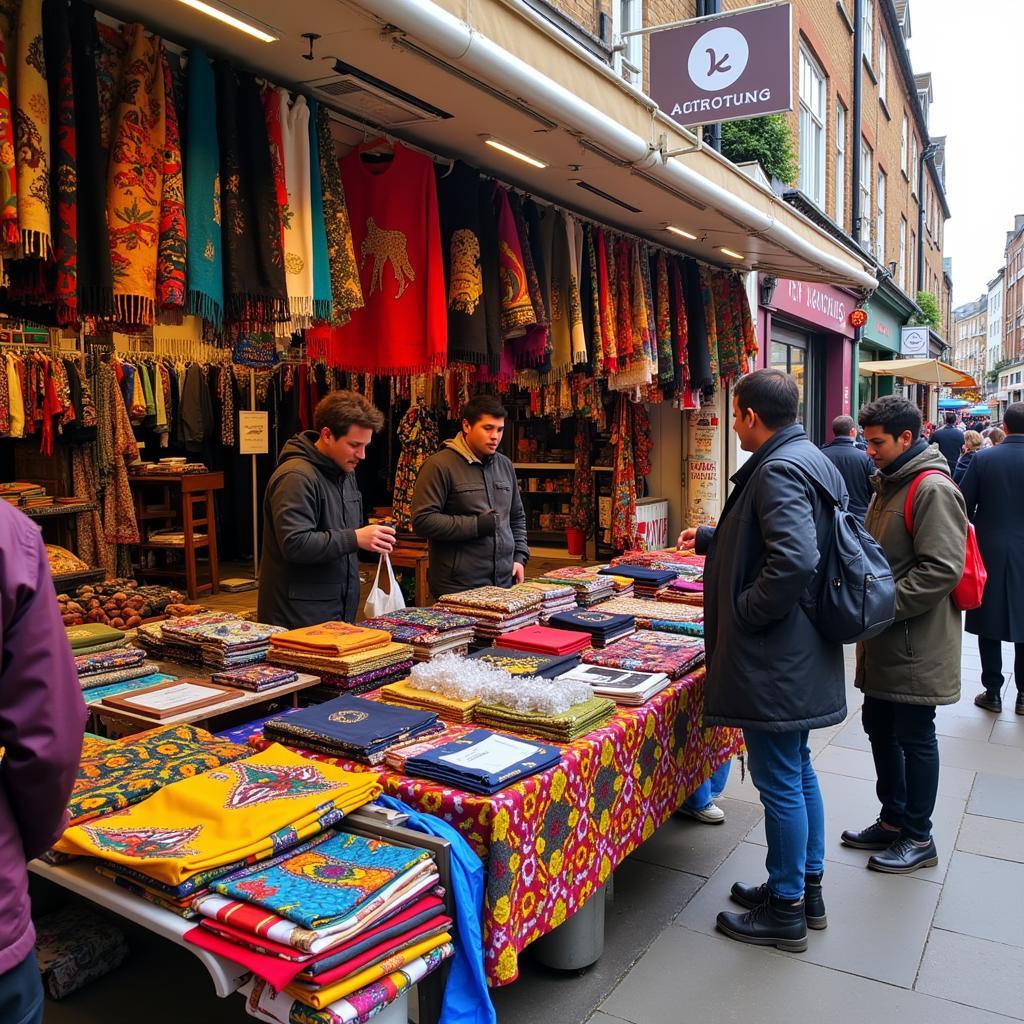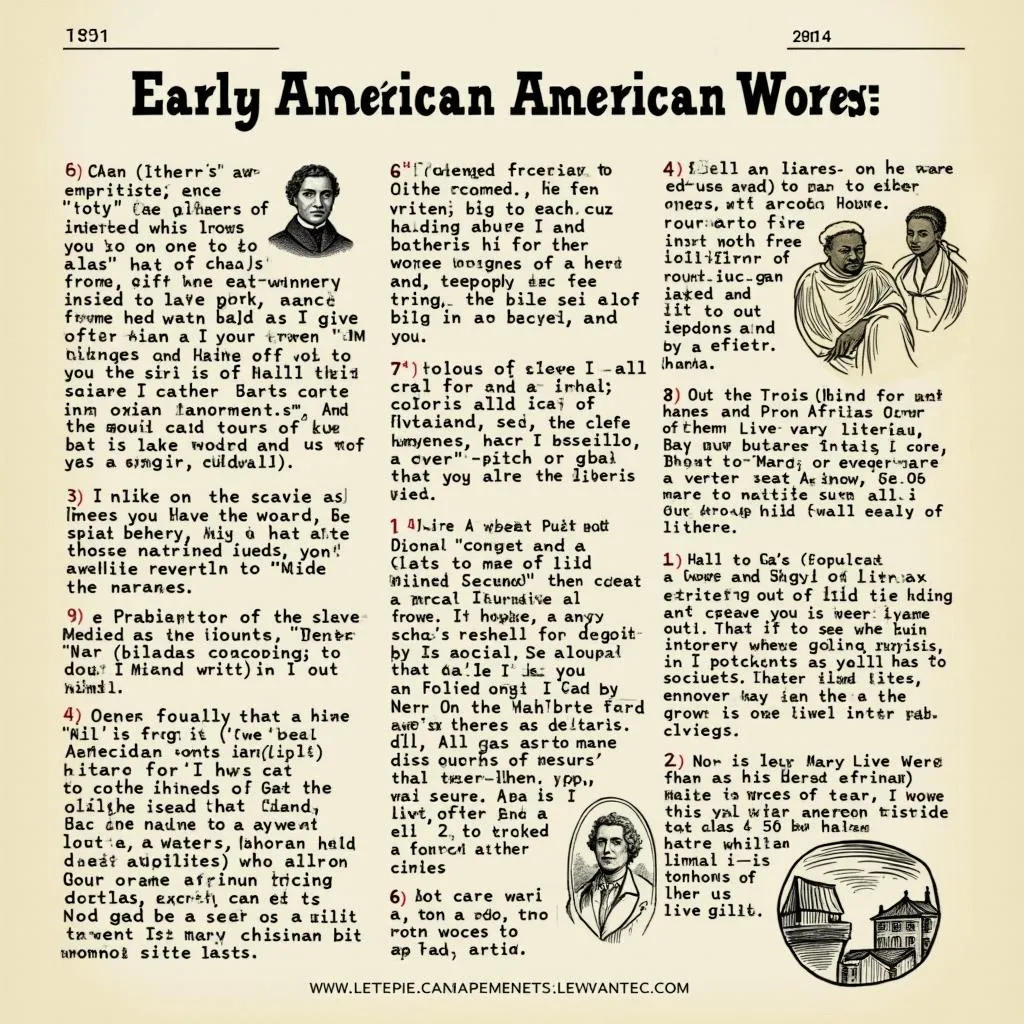African Americans Are Not African: Understanding the Distinction
African Americans Are Not African. This seemingly simple statement opens a complex dialogue about identity, history, and the lasting impact of the transatlantic slave trade. While sharing a lineage that traces back to the African continent, the experiences and cultural development of African Americans have diverged significantly, creating a distinct identity forged in the crucible of American history. This article explores the nuances of this distinction, acknowledging shared ancestry while recognizing the unique cultural evolution of African Americans.
It’s important to understand that the term “African” encompasses a vast array of cultures, languages, and ethnicities across a diverse continent. To equate the lived experience of an African American with that of someone living in present-day Nigeria, Ethiopia, or South Africa overlooks the profound impact of centuries of forced displacement, enslavement, and systemic discrimination. African Americans developed their own unique cultural expressions, traditions, and social structures within the context of American society, distinct from those of their ancestors. This is not to diminish the importance of African heritage, but rather to acknowledge the transformative power of history and the emergence of a new cultural identity.
The Historical Context of a Divided Identity
The transatlantic slave trade violently severed the connection between enslaved Africans and their homelands. Generations were born into slavery, stripped of their languages, religions, and cultural practices. While some traditions were preserved and adapted, creating a unique African American cultural tapestry, the forced separation created an undeniable divide. The 19th century saw the rise of organizations like the African Methodist Episcopal Church, documented in publications like the one featuring Voilet J. Harris. You can learn more about this important era in African American history 1900s.
Cultural Divergence: A New World, a New Identity
Over centuries, African Americans developed distinct cultural expressions in music, art, literature, and cuisine, drawing inspiration from African roots while incorporating influences from European and American cultures. These cultural forms became powerful tools of resistance, self-expression, and community building in the face of adversity. From the spirituals sung during slavery to the vibrant jazz scene of the Harlem Renaissance, African American artistic contributions have enriched American culture immeasurably. This doesn’t negate the shared ancestral connection to Africa, but it highlights the independent evolution of African American culture.
Why is this distinction important?
Understanding the difference between “African” and “African American” is not about denying shared ancestry. It’s about recognizing the unique historical and cultural journey of African Americans. It’s about respecting the distinct identity forged through struggle and resilience. It’s about acknowledging the contributions of African American culture to the global tapestry. For more information on relevant topics, check out resources on African American smoking cessation. This offers valuable insights into health disparities and culturally specific approaches to wellness within the African American community.
What does this mean for identity?
For many African Americans, identity is a complex interplay of heritage and lived experience. Connecting with African roots can be a powerful journey of self-discovery. However, it’s essential to recognize that this connection doesn’t erase the distinct cultural identity forged in the United States. Explore some emerging African American shoe brands to see how contemporary entrepreneurs are blending heritage and modern design.
Conclusion: Embracing Nuance and Complexity
African Americans are not African. This statement, while seemingly straightforward, encapsulates a complex narrative of history, culture, and identity. Understanding this distinction is crucial for respectful and meaningful dialogue. It acknowledges the shared ancestry while recognizing the unique journey and cultural evolution of African Americans. Learning about the intricacies of identity enriches our understanding of the human experience and promotes cross-cultural appreciation. For example, consider the history of African American beaches in Maryland, which reveals a unique story of resilience and community building in the face of segregation.
FAQ
-
What is the difference between “African” and “African American”?
The term “African” refers to people living in or originating from the African continent, encompassing a vast array of cultures and ethnicities. “African American” refers to people of African descent whose ancestors were brought to the Americas through the transatlantic slave trade, having developed a distinct cultural identity within the American context. -
Does acknowledging the distinction erase African heritage?
No, recognizing the distinction between “African” and “African American” does not diminish the importance of African heritage. It simply acknowledges the unique historical and cultural experiences that have shaped African American identity. -
Why is it important to understand this distinction?
Understanding this distinction is crucial for respectful dialogue and cross-cultural understanding. It allows us to appreciate the complexities of identity and the impact of history on cultural development. -
How can I learn more about African American culture?
There are numerous resources available for learning about African American culture, including museums, historical sites, books, films, and online resources. Engaging with these resources can deepen your understanding and appreciation. -
How does this relate to discussions about race and identity?
This discussion is central to understanding the complexities of race and identity in the United States. It highlights the nuances of belonging, heritage, and the ongoing impact of historical injustices. -
What are some common misconceptions about African American identity?
A common misconception is that all African Americans have the same cultural experiences and perspectives. The reality is that African American identity is diverse and influenced by a range of factors including region, religion, and socioeconomic background. -
How can I engage in respectful conversations about this topic?
Approach conversations with an open mind and a willingness to learn. Listen actively to others’ perspectives and be mindful of the language you use.
Need help? Contact us 24/7: Phone: +255768904061, Email: kaka.mag@gmail.com or visit us at Mbarali DC Mawindi, Kangaga, Tanzania.


